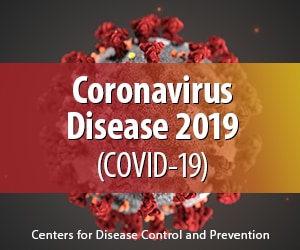Coronavirus Disease 2019 (COVID-19)
Additional Information:
- County level data from WI DHS
- Data on hospitalizations from the Wisconsin Hospital Association
- CDC: Understanding COVID-19 Data
- COVID-19: Illness After Vaccination
COVID-19 Testing
Visit our Testing page for more information.
COVID-19 Vaccine
- Everyone aged 6 years and older should get 1 updated Pfizer-BioNTech or Moderna COVID-19 vaccine to be up to date.
- People aged 65 years and older may get a 2nd dose of updated Pfizer-BioNTech or Moderna COVID-19 vaccine.
- People who are moderately or severely immunocompromised may get additional doses of updated Pfizer-BioNTech or Moderna COVID-19 vaccine.
- Children aged 6 months–5 years may need multiple doses of COVID-19 vaccine to be up to date, including at least 1 dose of updated Pfizer-BioNTech or Moderna COVID-19 vaccine, depending on the number of doses they’ve previously received and their age.
- COVID-19 vaccine and booster recommendations may be updated as CDC continues to monitor the latest data.
Walk-In COVID-19 Vaccine Clinics

How to protect yourself & others
- Stay up to date with COVID-19 vaccines
- Improve ventilation and spend time outdoors
- Move indoor activities outdoors
- Get tested for COVID-19 if needed
- Follow recommendations for what to do If you have been exposed
- Stay home when you have suspected or confirmed COVID-19
- Seek treatment if you have COVID-19 and are at high risk of getting very sick
- Avoid contact with people who have suspected or confirmed COVID-19
There are some additional prevention actions that may be done at any level, but CDC especially recommends considering in certain circumstances or at medium or high COVID-19 Community Levels.
- Wear a mask or respirator
- Increase space and distance





